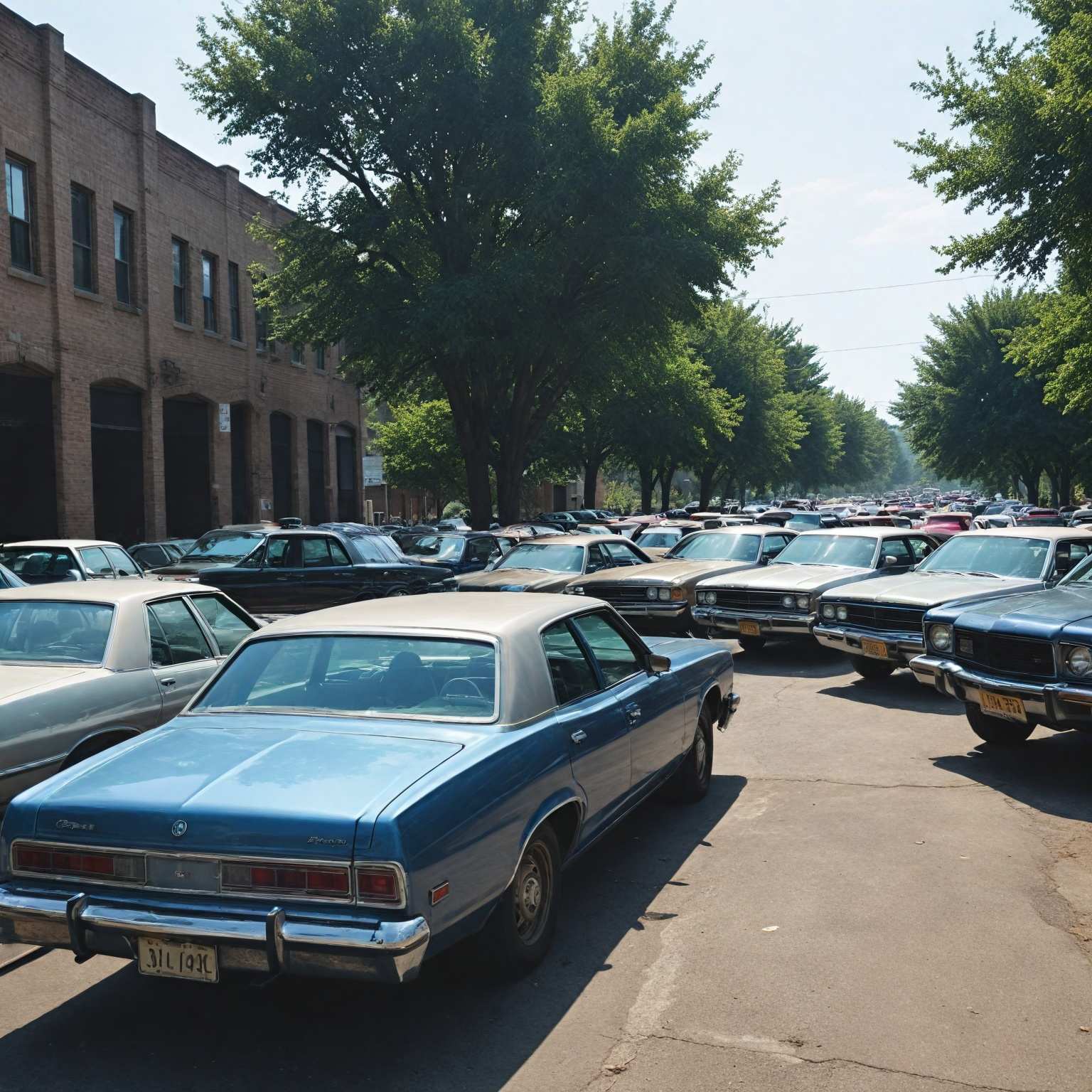Highlights
- Discover affordable police impounded cars, offering significant savings over traditional used vehicle prices.
- Engage with online and in-person auctions to easily access a diverse selection of vehicles.
- Ensure a thorough inspection and vehicle history check to mitigate risks when buying impounded cars.

Summary and Overview of Police Impounded Cars
Police impounded cars are vehicles seized by law enforcement for violations, unpaid fines, crime involvement, or abandonment, then sold—often via public auctions—to recover costs. These cars offer buyers lower prices than typical used vehicles but come with risks such as hidden damage, liens, and no warranties. Impoundment occurs for reasons including DUI offenses, illegal parking, or suspicion of criminal activity. Owners must navigate legal procedures and fees to reclaim vehicles. Understanding local laws and auction processes is essential for both owners and buyers.
Availability, Sales, and Market Demand
Impounded cars are sold through government or police auctions, which may be in-person, online, or by mail. Auctions often feature diverse vehicles, including retired police cars, at competitive prices. Online listings have increased accessibility, allowing broader participation. Buyers must perform due diligence via vehicle history reports and inspections when possible. Demand is driven by affordability, though buyers should expect potential repair and transport costs. Car enthusiast communities and online forums aid in navigating auctions and finding deals.
Benefits and Risks of Purchasing
Buying police impounded cars can save money and provide access to varied vehicle types, often at below-market prices. The auction process is generally straightforward and transparent. However, vehicles are sold “as-is,” with no warranties and possible hidden issues like mechanical damage, liens, or wear from police use. Additional costs may include towing, storage, repairs, and cleaning. Thorough inspections, VIN checks, and understanding auction terms are vital to minimize risks.
Retrieval Process for Owners
Owners seeking to reclaim impounded vehicles must contact the responsible agency, obtain necessary documents, and pay towing, storage, and administrative fees, which increase over time. Proof of ownership and identification are required. Timely action and knowledge of local procedures help prevent delays and extra costs.
Inspection and Vehicle Condition Considerations
Inspecting impounded cars is crucial due to potential damage from towing, prior use, or neglect. Many auction sites restrict inspections, but some allow public or third-party evaluations. Prior police use may mean mechanical robustness but also heavy wear. Buyers should obtain vehicle history reports, check for liens, and anticipate extra expenses for repairs or key replacement.
Legal and Regulatory Framework
Vehicle impoundment is governed by laws addressing public safety and enforcement of traffic or criminal laws. Procedures for towing, searches, and auctions are regulated to protect owner rights. Vehicles sold at auction may require lien clearance before ownership transfer. Awareness of applicable statutes and auction rules ensures compliance and informed participation.
Frequently Asked Questions
What are police impounded cars?
Vehicles seized by police for legal violations, crime involvement, or abandonment, held in impound lots temporarily.
How can I buy an impounded car?
Through public auctions conducted online, in person, or by mail, often listed shortly before sale.
Are impounded cars a good deal?
They can offer bargains but carry risks; inspecting and researching vehicle history is important.
What additional costs should I expect?
Auction fees, transport, repairs, and cleaning are common extra expenses.
How long can a car be held in impound?
Varies by jurisdiction and reason; prompt retrieval helps avoid rising storage fees.
What happens during impound?
Police arrange towing to a secure lot; vehicles may be searched and owners notified of fees and procedures.
Can I inspect before buying?
Inspection policies vary; many auctions allow or offer professional inspections.
Are auctions only in person?
No, many auctions are online or accept mail-in bids, increasing accessibility.
Where can I find impounded car listings?
Official auction websites, online platforms, and some local community boards or marketplaces.
The content is provided by Avery Redwood, Fact-Nest












